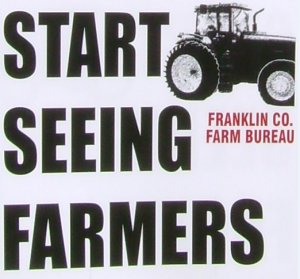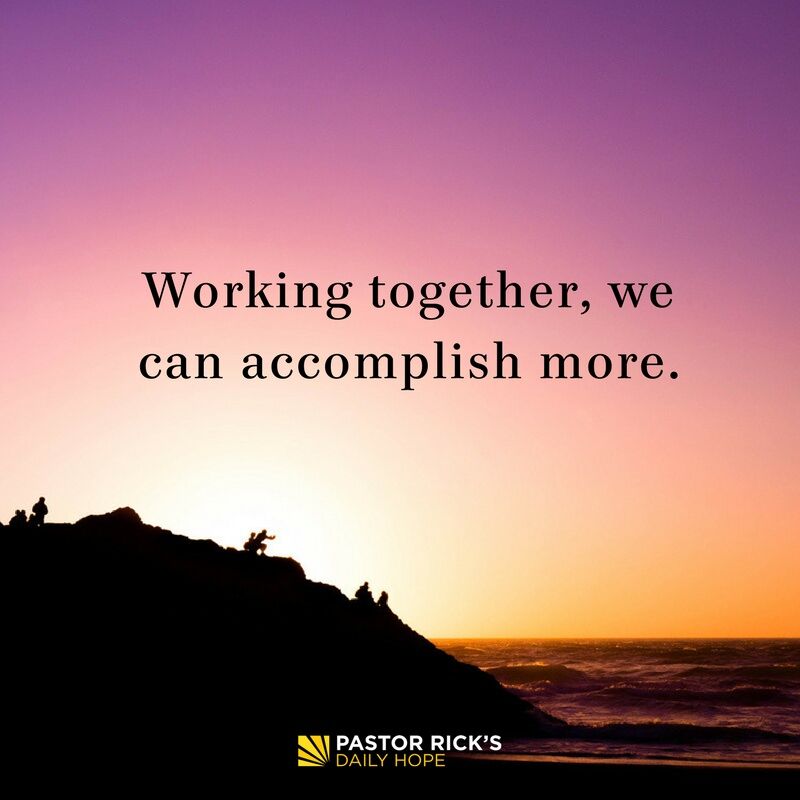By Walter Wendler
If five people go into the same Ford dealership and buy an F150, each will pay a different price. The cost of the new vehicle will be determined by the buyer’s ability to negotiate, the salesperson, color, options, trade-in, interest rate, choice of cash or credit, weather and a host of other factors. We expect those deliberations and the variety of outcomes as part of doing business in a market-driven exchange of value for goods or services.
The complexities increase markedly when value is almost wholly dependent on who is buying. This is the case with an education. Sticker price is nearly meaningless as an indicator of value. If one student has access to scholarships or Pell Grants and another does not, the costs vary dramatically. The dorm room selected, food plan and numerous other options influence total cost. Even the major chosen will drive the cost up or down. In some majors, differential tuition—a premium paid because of the personnel, equipment, facilities or other aspects of study—will drive prices up. This is understandable in fields such as engineering, medicine, law or business. However, even fields such as anthropology or history (usually with lower starting salaries) may have premiums associated with the cost of the degree due to requirements such as international travel or special study experiences not usually factored into the cost of the degree.
The most important element in the cost/value equation of a university education is the student. This does not make the student a customer in the typical sense, not for a split second. Similarly, attending a church does not make someone a saint.
An education provides opportunity. While starting salaries vary by career choice, how an individual uses the history degree may have a significant impact on lifetime earnings associated with it. More importantly, “satisfaction” with the result of the lifelong experience rests not on the degree alone, but how the recipient utilizes the insights and knowledge gleaned when earning the degree.
If you don’t like the F150, you can trade it in for a GMC Sierra. You may lose a few bucks in the exchange, but in the end you’re satisfied, and you chalk up the lost resources as experience. This is not the case with a university degree. The investment of time and the magnitude of the cost amplify dissatisfaction when expectations and aspirations go unmet.
The values of various educational outcomes are the result of how a particular learning experience is used. For example, a graduate with a BA in history, typically a low paying field, may decide to use that educational experience and insight to become an attorney, a physician or an engineer. Or maybe, just maybe, they want to teach history in their home high school. I have seen multiple examples of each of these and countless other “turns in the road,” all exclusively dependent on the individual rather than the degree earned. This is not the case with the pickup truck. If two people—no matter their intellectual capacity—aspire or dream to buy the same truck, it will be of equal value the day after. The buyer has little impact on the value after “cutting” the deal.
This is not the case with an education. Ultimately, in terms of satisfaction, fulfillment and earning capacity, the value of the degree will be different from case to case. The recognition that students provide added value is increasingly difficult to explain in higher education. As a society, we have commodified educational outcomes. A money-back guarantee, a five-year, 75,000-mile warranty and the notion that a product has value independent of its user—the degree as a consumer product—all create significant challenges.
The proof of this thinking is that various states are at work to make college education “free.” The consumer perspective in this policy is clear. Dismissed in this thinking is the investment of the student and the value that investment carries. All of that said, universities should do everything in their power to lower costs and increase value.
The sticker price of an education can never be looked at independently of who’s doing the buying. It is incumbent on universities to be transparent with students and families about the nature of a university experience. To assume that two students who sit side-by-side in every class for their entire undergraduate experience would have the same earning capacity and fulfillment over their professional lifetime is a fool’s errand. Yet, without understanding the variability in human commitment, energy, insight, creativity and determination, that is exactly what we do when we disregard student contribution to the value of the degree.
Whatever the sticker price, or the potential associated with a particular degree, the ultimate value lies with what the holder does with an educational experience after it has been driven off the lot.
Walter V. Wendler is President of West Texas A&M University. His reflections are available at www.walterwendler.com.







